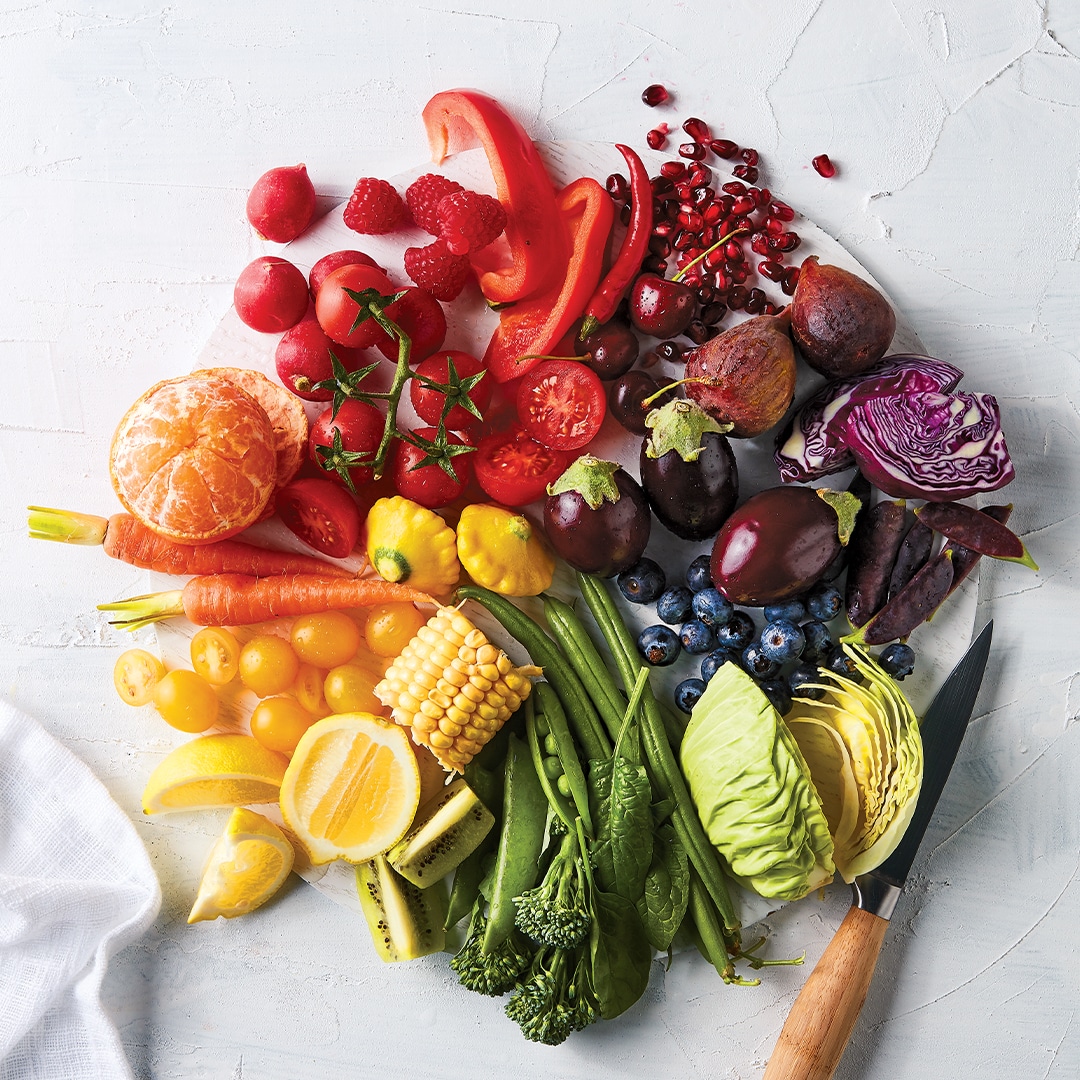Prime time
Walking down the supermarket aisle, there’s no denying the beautiful colours and shapes that decorate the fresh-produce section. Although in store, they might not be in season and at optimum consumption level.
Certain produce thrives under different conditions. For example, the heat of summer makes strawberries juicy while winter makes pumpkins sweeter. Cultivating fruit and veg to be harvested outside of their natural seasons results in a loss of nutrients, sometimes smaller fruit and veg, and a reduction in flavour.
Seasonal secrets
Winter is commonly marked with colds and flu, and in summer we need more water to stay hydrated and thankfully nature provides us with exactly what we need to stay healthy during those seasons.
Vitamin C-rich citrus – such as orange, kiwi, lemon, guava, grapefruit, and vegetables such as broccoli, cauliflower, Brussel sprouts and capsicums – is in abundance during the cold, cloudy months when our immune-systems must work slightly harder. In the same sense, watermelon and tomatoes are picked in the hot months to nourish our cells with foods naturally high in water.
The better choice
Besides the fact that certain foods appear at certain times of the year to fulfil the specific nourishing roles our bodies need, eating seasonally has a great effect on the economy and environment too.
Out of season fruit and veg is imported from across the world, which pushes up costs as well as carbon dioxide emissions. Buying seasonal produce benefits the local market and boosts our own economy. Your body, the earth and your budget will thank you for it!




